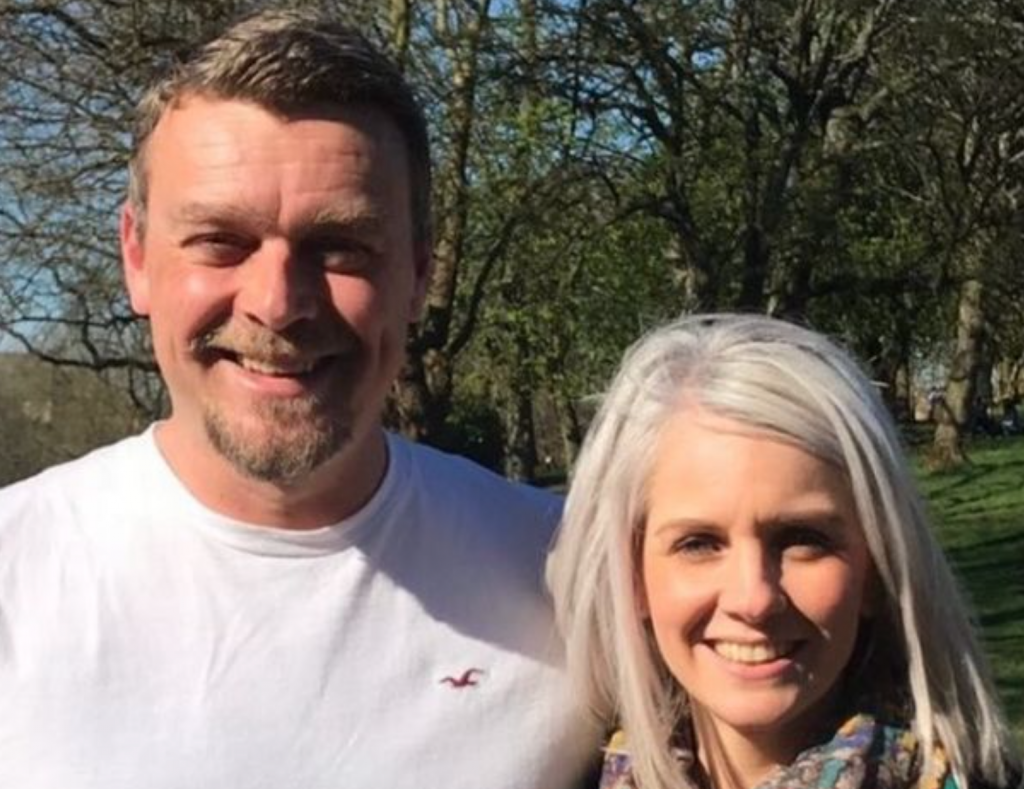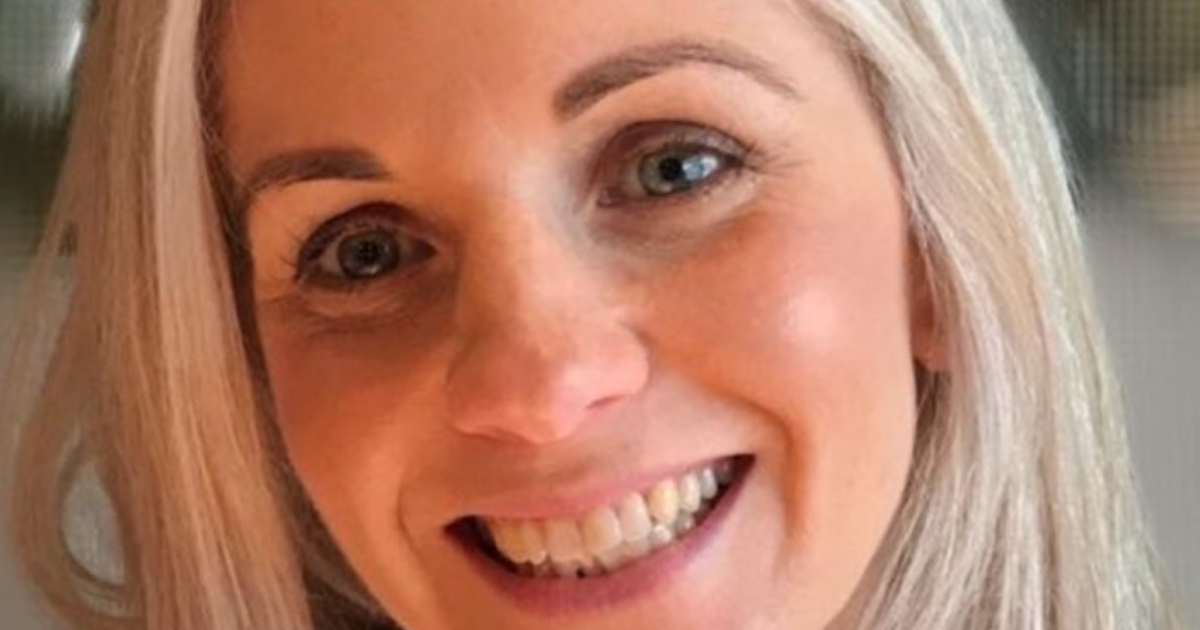A Mother's Courage Through Cancer
- Lisa Adam was 26 years old when she was diagnosed with cervical cancer. She had to have a radical hysterectomyalong with treatmentto beat the disease.
- Now 43, the mother to a 5-year-old adopted son is sadly battling gynecologic cancer for a second time. Tragically, she found out the news during adoption leave.
- Unfortunately, certain cancer treatments can have an effect on fertility, so it is important to know options. Starting a family after cancer is possible, and you should never let fear of the disease stop you from becoming a parent if that is important to you.
Now 43, the mother to a 5-year-old is sadly battling gynecological cancer for a second time.
Read MoreTo make matters worse, at 26, she understandably had no agenda for fertility preservation when she was sideswiped by the diagnosis.
“My fertility was the main issue,” she shared of the tough experience. “I didn’t have a plan for having kids but you just expect it’s going to happen some day.”
“People don’t understand that it’s not just cancer but the after effects of it that really impact you,” she added of her gynecological disease.
Gynecological Cancer: ‘It's a Journey’
The news of round two cruelly came while Lisa was on adoption leave.
“As soon as I got home, my husband took one look at my face and asked what was wrong,” she said. “He thought I had been in a car crash. I just said, the cancer’s back, and that’s when my whole world started to collapse. Saying it to him made it very real.”

Currently receiving immunotherapy treatment, Lisa is fighting her fight with a new challenge: nephrostomy bags, which she has to wear to drain her urine. In October, the tube that was excreting urine from her bladder was damaged and she suffered from severe toxic shock as her urine seeped into her bloodstream. She needed a blood transfusion.
Related: 5 Possible Symptoms That May Indicate Gynecological Cancer
Through all of these challenges however, Lisa is hoping for the best, and is currently waiting for results from her latest MRI scan.
“Stable is good news, reduction is amazing and growth is something I don’t want to hear about but unfortunately I have to be prepared for.”
Learning About Gynecological Cancer
There are five gynecological cancers, and they include cancer of the ovaries (ovarian cancer), cancer of the cervix (cervical cancer), cancer of the vagina (vaginal cancer), cancer of the womb (uterine cancer), and cancer of the vulva (vulvar cancer).
Symptoms of gynecological cancers can be difficult but not impossible to spot. For one thing, some of these symptoms can be similar to those experienced monthly during the menstrual cycle. As a result, it's important to listen to your body closely to see if anything feels unusual.
Cancer and Fertility
Unfortunately, certain cancer treatments can have an effect on fertility, as in Lisa’s case with her hysterectomy. But, as Dr. Terri Woodard, director of the onco-fertility program at MD Anderson Cancer Center, says, "It's not all doom and gloom."
Dr. Woodard meets with people when they are facing a cancer diagnosis, and worried it will affect their ability to have kids in the future. For people in this position, there are a handful of options. "Which [option] is appropriate really depends on the cancer type," Dr. Woodard tells SurvivorNet.
"The standard of care options for fertility preservation for women would be egg or embryo freezing, and I believe that there are pros and cons to each."
Preserving Fertility During Cancer Treatment What Are the Options?
You'll have to weigh the options with your doctor. Embryo freezing has been the standard of care for many years. Dr. Woodard says that this is because, frankly, doctors are really good at it at this point.
Egg freezing is a newer option, though most clinics do offer this option today as well. And of course, there is always the option to adopt, as Lisa chose to do with her husband. Knowing your options then deciding what is best for you is up to the individual. Just know, there is still hope to start a family after cancer.
Learn more about SurvivorNet's rigorous medical review process.

